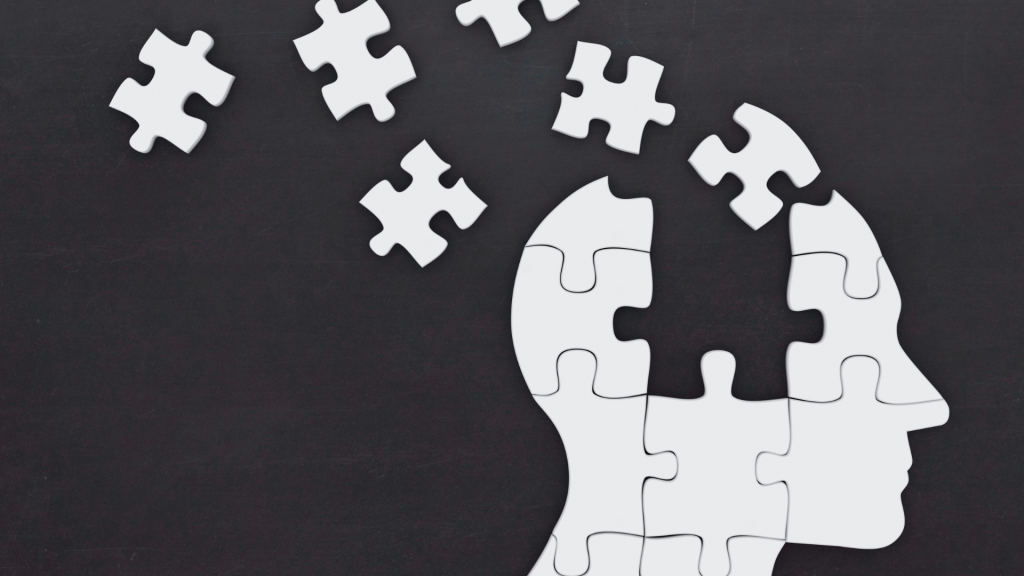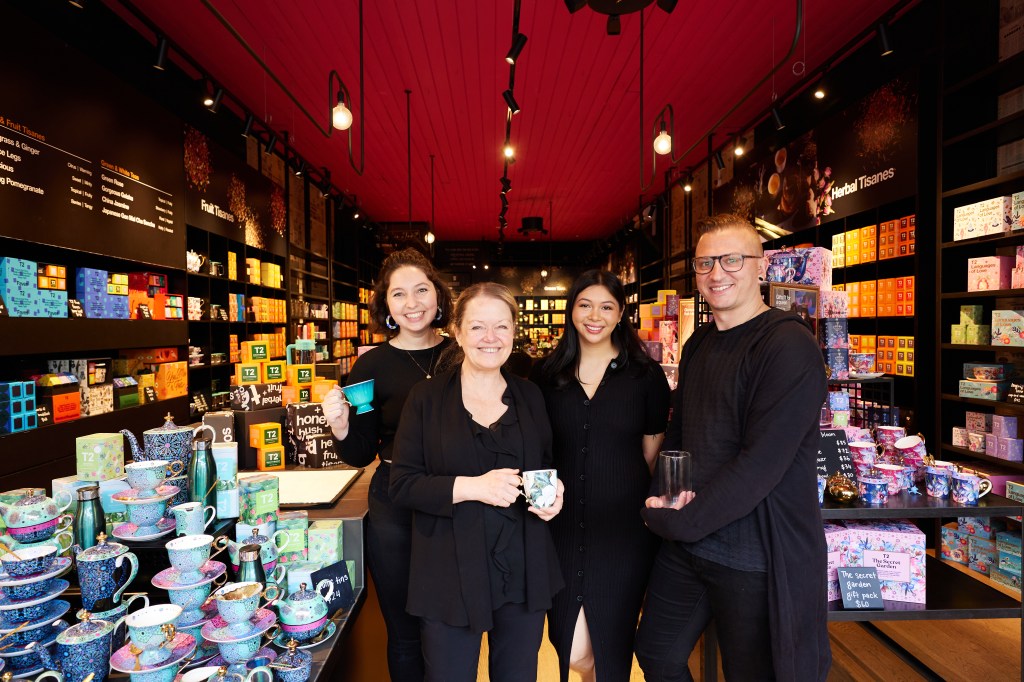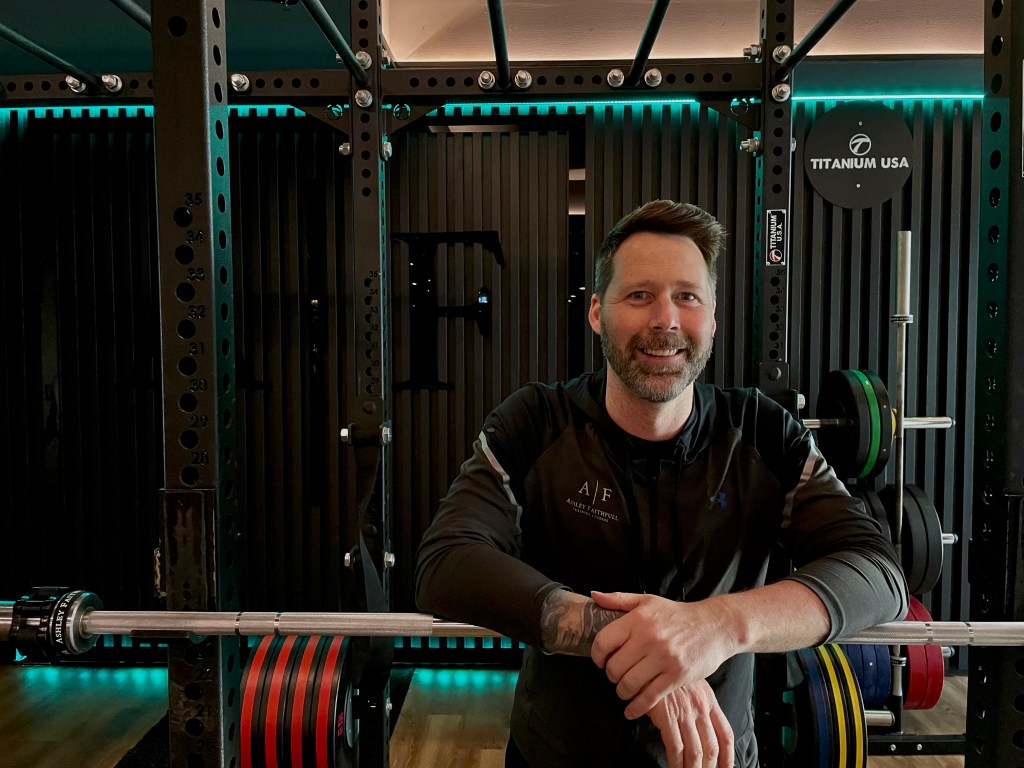Most CEOs say they won’t talk about emotional and mental health. But global managing director of T2 Tea Derek Muirhead says the stigma needs to end.

Derek Muirhead, global managing director of T2 Tea, admits the past two years had a “huge impact” on all people – even the chief executives of global companies.
“The reality was, you weren’t sure what would happen next,” he says. “And peoples’ livelihoods were depending on you.”
Muirhead – who has led well known companies such as Mountain Designs, Myer, Michaelis Bayley Holdings and Country Road – said he needed to re-train himself to ask for help and have conversations with other leaders who were in similar positions to him.
“It’s not my natural inclination to ask for help or to reach out to others – I spent most of my career in South Africa where you are told to ‘just get on with it’. My wife is much better about talking about these things, but I have had to learn.
“Once you reach out to others you realise very quickly that you are not alone.”
In Muirhead’s opinion, asking for help with mental health should always be viewed as a positive thing.
“Asking for help is not a weakness, it is actually an asset,” he says.
The fact that three quarters of the company’s workforce is aged under 30 and are more open about their mental health also highlighted to management the need to be proactive.

T2 has two major annual staff surveys focusing on burnout and mental health. The results from the latest surveys were clear – many employees were feeling isolated and low during the Covid lockdowns and their mental health was impacted.
The results prompted T2 to enact a mental health first aid training program and make it available to all staff. Managers and team leaders are required to undertake the training to ensure employees always have someone they can confide in on mental health matters.
“We realised that mental health first aid training was really important across the globe. It’s a commitment to our most important asset – that is our people.”
It was also crucial to have mental health embedded in the company’s strategy, not as a standalone initiative, he says. That means mental health is discussed at all levels of the organisation, from board level to the shop floor.
Ensuring staff have access to flexible work conditions and that their workload is appropriate to their capabilities and needs is also a focus.
Speaking openly and tackling the challenges of mental health “has to be in every part of the business … that is fundamental,” Muirhead says.
“We have all struggled with aspects of mental health at some point in our lives, and lifting the stigma is crucial to moving forward.”
Managing the workload
The World Health Organisation (WHO) describes the situation as a “global crisis for mental health”.
Ashley Faithfull specialises in training some of Melbourne’s high-profile executives, people who are juggling work commitments and family, and as a result, might struggle with their health and fitness.
“It’s important for high flyers to create a circuit breaker, and exercise is the perfect way to do that,” says Faithfull. “Outside of its physical benefits, exercise provides a neuro boost, helping decrease stress, improving mood, and can also enhance memory and cognition.”

Finding help
A recent report found the use of digital health tools such as remote-based therapy and meditation apps among Australian employees has doubled since 2020.
The mental health report, by Headspace App, a meditation and mindfulness app, says 72% of Australians have missed at least one day of work during the past year due to stress, anxiety, or other mental health challenges and one in three Australian workers feel their employer isn’t doing enough to support their mental health. It found 40% of Australian workers have sought therapy during the past year to support their emotional and mental health.
At a CEO level, the stigma of mental health remains high, with 52% of CEOs saying they won’t talk about emotional and mental health issues with their team because they feel it might impact their credibility as a leader, and 56% are concerned that employee mental health will impact productivity.
“We have all struggled with aspects of mental health at some point in our lives, and lifting the stigma is crucial to moving forward.”
– Derek Muirhead, global managing director of T2 Tea
World Mental Health Day 2022 is a timely reminder for companies that the wellbeing and mental health of employees has a direct impact on business performance.
More than half of Australians (52%) believe their job had been jeopardised or impacted by stigma related to their mental health.
Thrive global general manager Professor Alex Christou says employee wellbeing needs to be a crucial element of businesses.
Australian companies are unprepared for a rise in costs due to absenteeism as mental health impacts workplaces, Christou says, with the gross number of days off predicted to increase by 20% as poor mental health continues to take its toll across workplaces.
“There has been a 17% increase in mental health claims compared with 2019, and the days lost increased by 19%, with workers taking a total of 26,600 days off during the last financial year,” Christou says.
Christou adds that the Allianz Workplace Wave report found more than half of the managers surveyed believe they are yet to experience the most significant impacts of the pandemic on the workforce – with anxiety around physical health, fatigue and burnout and staff shortages among the top concerns.
Creating a safe space for people to connect and share experiences can be key, something the Headspace App is aiming to do by offering members a platform to tell their stories through their latest campaign My Headspace, which launched October 10.
Headspace App’s vice president, Global Content & Studios Marketing Louise Troen says the focus is on destigmatising mental health.
“These real-life, human journeys featured in-app and across our social platforms, aim to open up the conversations around mental health and encourage people everywhere to share their own experiences.”
What it means for small businesses
The latest American Express Working Capital Research discovered that when it comes to the mental health of Australian business owners, cash flow uncertainty is one of the major issues affecting their wellbeing.
The report found it was also impacting their physical wellbeing and personal relationships.
Alexi Boyd, CEO of the Council of Small Business Organisations Australia (COSBOA) says: “Small business owners are some of the most resilient people in Australia, but economic headwinds have created an environment where they are exhausted, mentally and financially.”
Leanne Faulkner, founder of Fortitude at Work and small business mental health advocate, says, “It’s important to understand the nuances of small business and the way this affects our mental health at work. We live and breathe our businesses and don’t shut off from everything.
“There is now more community support available for the small business sector and I’d encourage all SBOs to reach out and talk to someone if they’re feeling overwhelmed, regardless of the situation. There are many who want to help us.”
WayAhead’s, Asha Zappa, says conversations about mental health need to continue in an effort to overcome the stigma.
“Together, we need to lift the veil on mental health and help society understand ways to work with people experiencing mental health concerns, and navigate the process with acceptance and without judgement and criticism.”
Additional reporting by Elise Shaw, forbes.com.au Digital Editor
Further reading
Work180: jobs for women, fit for all
Do you feel isolated as a business owner?
If you or anyone you know needs to speak to someone about suicide or mental health, here are some organisations that might be able to help:
- SANE: 1800 18 7263 saneforums.org
- Lifeline: 13 11 14, lifeline.org.au
- Beyond Blue: 1300 224 635 beyondblue.org.au/forums
- Headspace: 1800 650 890, headspace.org.au
- Black Dog Institute: blackdoginstitute.org.au
